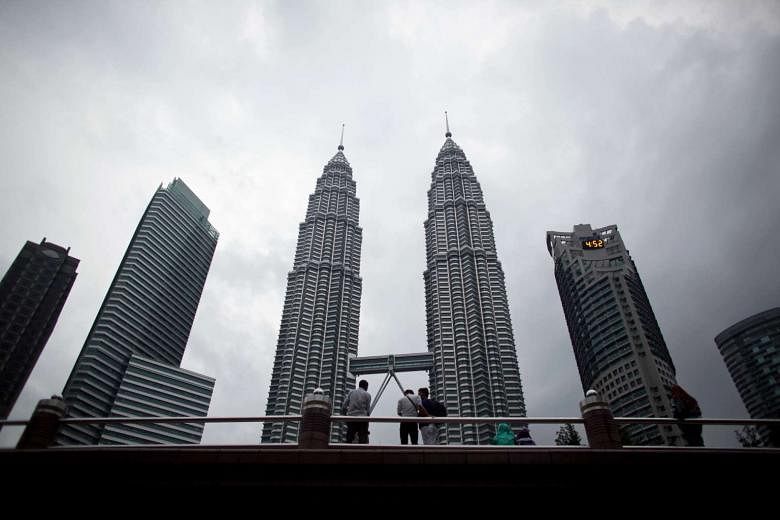In its editorial, the paper warns about the growing distrust between the Malaysian government and people.
According to the 2015 Edelman Trust Barometer, Malaysians' trust towards the government slipped further from 45 per cent to 39 per cent, which if judged as academic performance in schools, was a big "F".
The government's credibility has not dissipated overnight but is eroded slowly over time through a series of scandals and inappropriate policies.
Similarly, Malaysians have not become skeptical in days but they feel disenchanted over the years by the many thoughtless actions of the government.
The government has been given the mandate to run the country on behalf of the rakyat.
If the people no longer trust the policymakers, this would affect the smooth governance of the country, forming an invisible resistance to our continued development.
Appropriate doses of public trust will boost the forward progress of the country, and in the absence of this commodity, additional "cost" in the forms of protracted disputes and confrontational responses will have to be incurred as the government strives to push through a development project.
Along the way, social resources will be unnecessarily consumed, denying the country of the most optimal chances for undeterred development.
The lack of mutual trust between the government and the public will serve to destabilise the former's administration while not doing the latter any good.
In the end, both the government and the people will be at the losing end if our resources are squeezed and the country's development slackens.
Rebuilding the bridge of trust depends very much on the government's attitude and willpower.
The authorities, which are in its full command the country's valuable resources and powers, are never on the same footing as the dispersed and resource-scarce people.
As such, it is imperative that the government take the first step to show its sincerity in bridging the gap instead of waiting for the civil society to take the lead.
In other words, to improve the public's perception of the government, the government must not squarely put the blame on the people for not believing it.
On the contrary, it needs to take a series of pragmatic measures to restore its credibility so that it becomes trustworthy again.
Take the issue of Chinese education for instance, the local Chinese educators have lost their faith in the government given the repeated administrative irregularities and discriminative policies.
As a consequence, the government's educational initiatives have often hit the wall as people grow skeptical and question the government's motive.
Under such circumstances, the authorities must display some degree of sincerity in allaying the fears of the Chinese community instead of constantly complaining that the public are not willing to put their trust in them.
Trust must never be taken for granted, and has to be earned with hard work and sincerity.
Malaysians' trust towards the government peaked at 60 per cent in 2013, but after a series of dramatic events involving the 1MDB and RM2.6 billion (S$862 million) political donation, the government has begun to see itself alienated by the public.
Will Malaysians believe in the government again, as envisioned by the tagline of local best-selling film Ola Bola, "You Will Believe Again"?
The answer to this question lies with the government.
* Sin Chew Daily is a member of The Straits Times media partner Asia News Network, an alliance of 22 newspapers.

